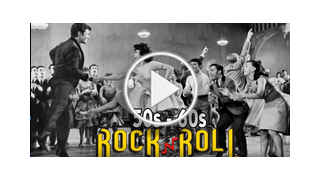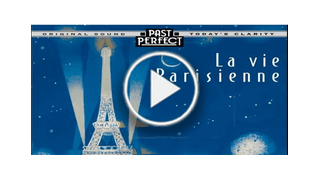– Classical – Opera – Operetta
– Country – Big Band – Jazz
– Religious – World Music
– Rock & Roll – Pop – Disco or Folk music
A particular liking for a
– Singer – Band – Group
– Orchestra – Composer – Artist
A favourite radio station?
– Which radio station ?
– To which radio show ?
– Think of “playlists” from those days
Singing or sang in a choir? Which songs were sung?
Are there any recordings of this? If so, use these recordings or try to find choir music that sounds similar. When someone with Alzheimer’s has sung in the past or still sings, provide encouragement to continue this or pick it up again.
Music in the childhood home
– What music was listened to ?
– Which songs were sang ?
– Was an instrument played at home?
Play or played in a band or orchestra ? What kind of music did they play ?
Are there recordings of this? If yes, use these recordings or try to find similar music.
While listening to that music try if the person wants to play that instrument again.
Has the person a preference for a musical instrument ?
Piano – violin – bagpipe – accordion – harmonica, etc ….
Playing or played a musical instrument?
When someone with Alzheimer’s Disease plays or has played an instrument, encourage this to continue or pick it up again. Musical skills are very deeply rooted in the brain and remain available.
The first music you or the individual has ever bought?
Look for old records, cassettes and CDs.
Favourite movies or tv programs ?
Think about opening themes and film scores
Favourite comedians?
Funny sketches make you laugh.
Singing or sang during work, washing dishes or under the shower?
If so, find the lyrics from those songs and sing along.
Dancing through the stars or took dancing lessons in their younger years?
Search for dance music from that era and, while listening to this music, see if the person likes to dance again. If so, you have an entertaining exercise for the both of you!
Enjoying or enjoy the magic of theatres, musicals or concerts?
Try to find associated musical pieces
Songs in regional dialect which the individual knows or likes?
Or songs about the individual’s hometown?
Are there songs belonging to special events ?
Religious music often holds special value to someone with Alzheimer’s,
even when it has been a long time since the individual went to church.
– Did the individual go to church?
– To which religious community did the individual belong?
– Which music was played or sung there in the 15-25 period (see below)
Think about Christmas songs and other festive songs
These songs are stored deeply in the brain.
















